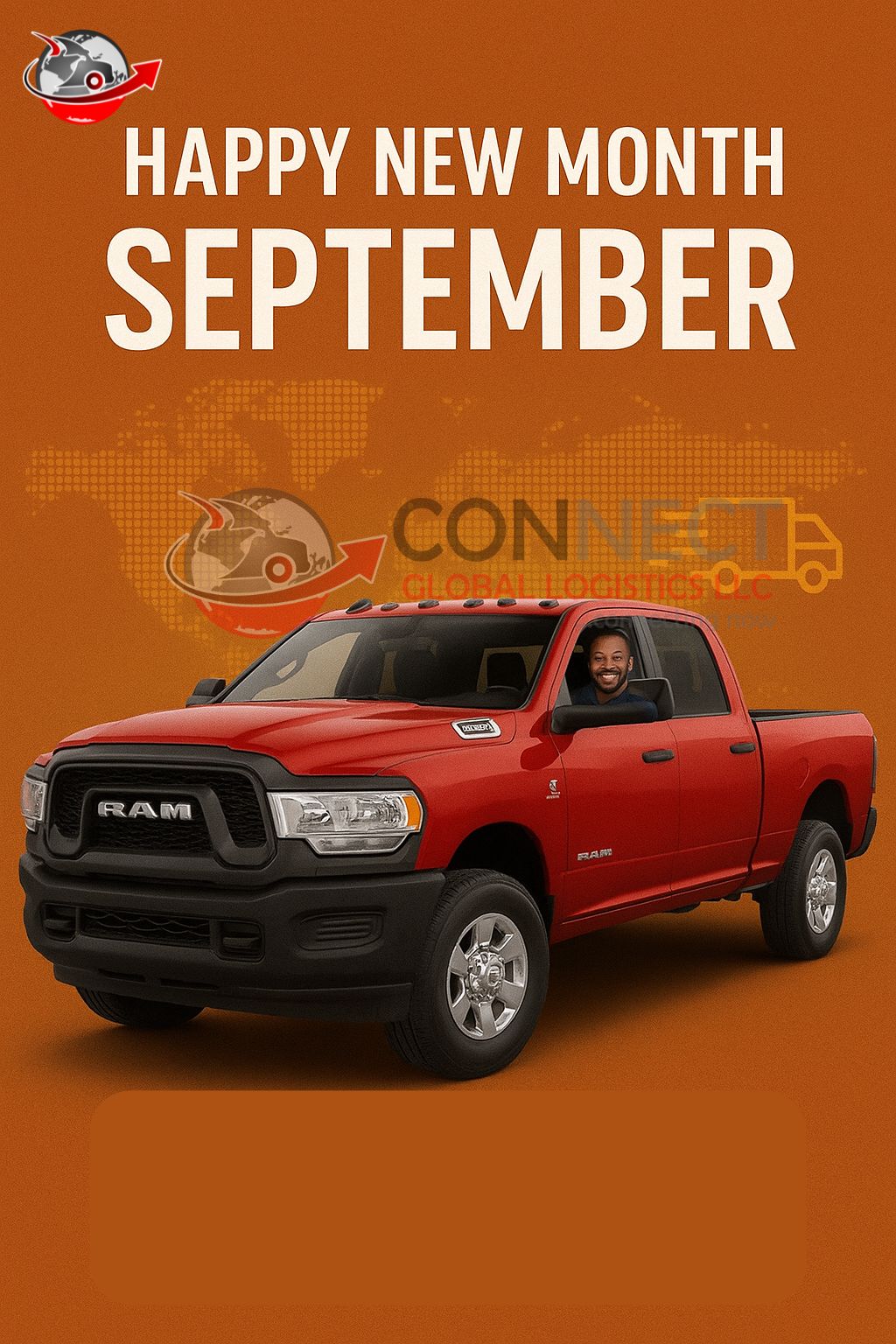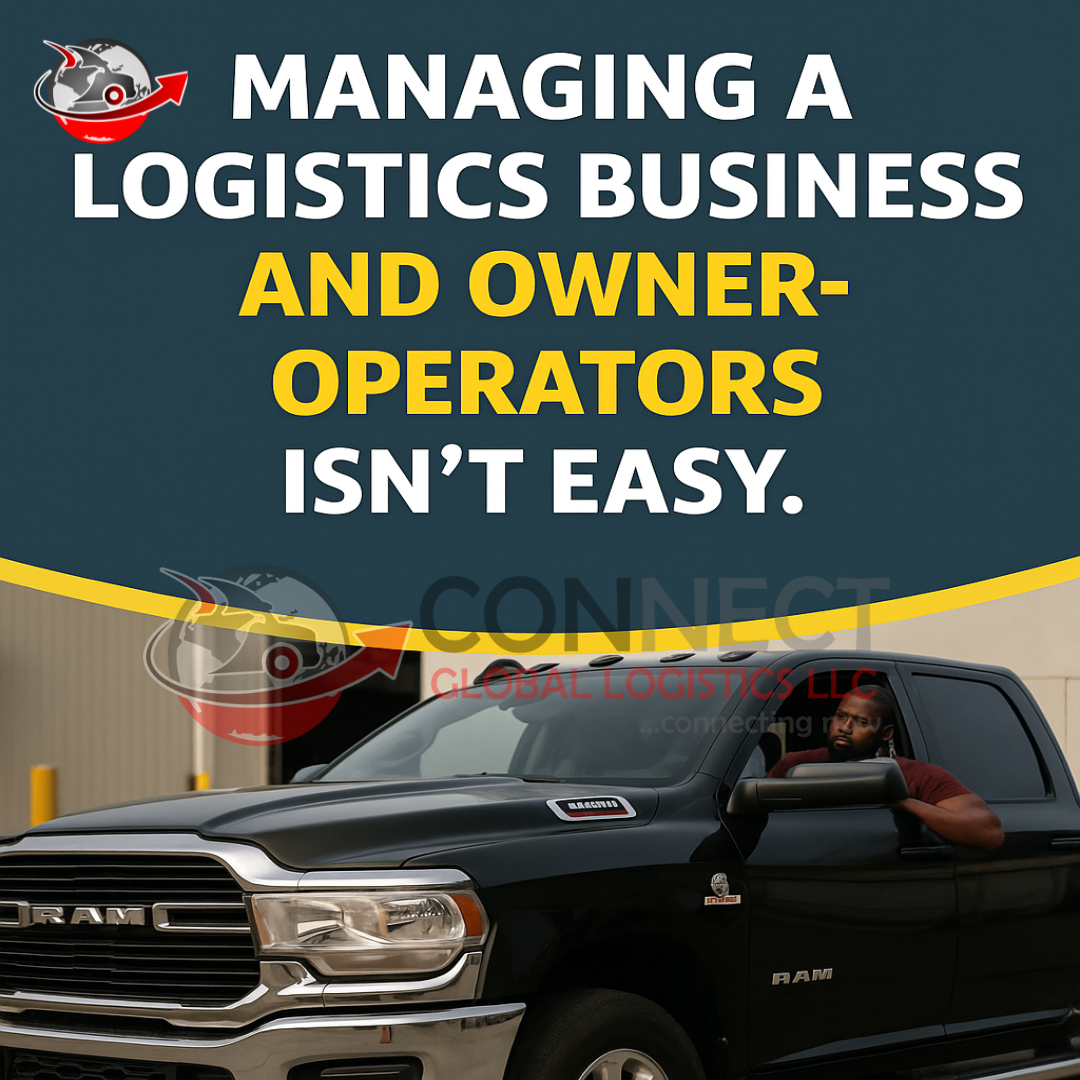Explanation:
Leadership in logistics isn't just about your current role—it’s about seeing how your work fits into the global system. A dispatcher isn’t just booking loads—they’re part of a supply chain that fuels the economy. A driver isn’t just making deliveries—they’re connecting businesses to customers.
Understanding this bigger picture allows you to:
-
Make smarter decisions
-
Anticipate industry changes
-
Offer better service
Why It Matters: When you understand what’s happening globally (fuel costs, trade routes, regulatory changes), you position yourself to lead, not just follow.
2. Commit to Continuous Learning
Explanation:
The logistics industry evolves constantly—new tech, new rules, new customer expectations. Leaders keep their knowledge fresh.
This could mean:
-
Getting certified in freight brokerage, dispatch, or DOT compliance
-
Learning how to use TMS (Transportation Management Systems)
-
Staying updated on fuel tax regulations or electronic logging device (ELD) mandates
Why It Matters: Knowledge gives you confidence. When you're informed, you're not just reacting—you’re planning and leading.
3. Lead From Where You Are
Explanation:
You don’t need to be a CEO to lead. Leadership can start with how you handle your day-to-day responsibilities:
-
Drivers who communicate clearly and deliver on time lead by reliability.
-
Dispatchers who solve issues fast lead with calmness and control.
-
Fleet owners who coach their teams set the tone for excellence.
Why It Matters: Leadership is about influence, not position. People notice how you show up—and that can shape an entire company’s culture.
4. Build a Brand Around Your Values
Explanation:
In today’s digital world, every professional and company is also a brand. What do people associate with your name? Is it trust? Innovation? Reliability? Building a brand means aligning your actions and communication with your core values.
For example:
-
If you value “on-time service,” show client reviews and stats.
-
If you value “people-first,” highlight your driver care program.
Why It Matters: A strong brand builds trust and makes you memorable. It attracts clients, partners, and talent aligned with your mission.
5. Mentorship: Lift While You Climb
Explanation:
Once you've gained experience, share it. Industry knowledge is often guarded, but real leaders share tools, tips, and lessons. Mentorship can be formal (through partnerships) or informal (by answering questions, posting insights on LinkedIn, etc.).
You can mentor by:
-
Helping new drivers understand regulations
-
Teaching dispatchers how to negotiate better
-
Guiding aspiring logistics entrepreneurs
Why It Matters: Helping others succeed strengthens the entire industry and cements your role as a true leader—not just in position, but in impact.











